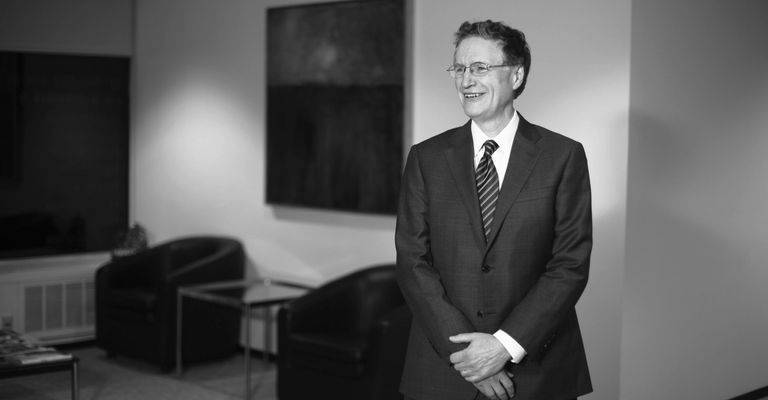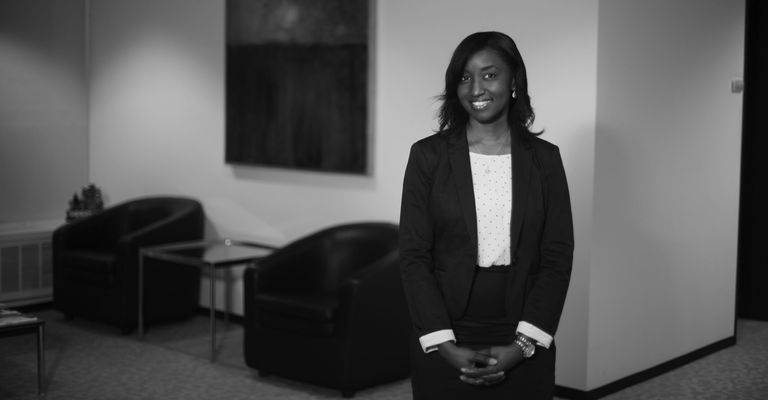BCLPatWork.com
NYC Lactation Policies Going into Effect on March 18, 2019
Mar 15, 2019In October 2018, the New York City Council passed two bills, Int. 879-2018 and Int. 905-2018, to supplement existing federal and state laws concerning lactation accommodation policies in the workplace. Currently, New York State Labor Law Section 2016-c mandates employers to provide employees with a reasonable number of breaks; and a private sanitary space, other than a restroom, with a chair and flat surface on which to place the breast pump and other personal items, to express breast milk during the workday.
Effective March 18, 2019, Int. 879-2018 requires NYC employers, with four or more employees, to provide lactation rooms[1] with an electrical outlet, as well as refrigerators, in reasonable proximity to work areas, for the purposes of expressing and storing breast milk. Those employers who cannot provide a lactation room, as required under the new law because of undue hardship, are required to engage in cooperative dialogue with affected employees to find a reasonable, alternative accommodation.
The second measure, Int. 905-2018 requires employers to “establish, and distribute to all new employees, policies describing lactation room accommodations, including the process by which an employee can request such accommodation”. The policy shall: (1) specify how an employee can submit a request for a lactation room; (2) require the employer to respond to such a request no later than five (5) business days; (3) provide a procedure to follow when two (2) or more individuals need to use the lactation room at the same time, including the contact information for any follow-up required; (4) state that the employer shall provide reasonable break time for an employee to express breast milk to comply with Section 2016-c ; and (5) state that if the request for lactation room poses an undue hardship on the employer, the employer shall engage in a cooperative dialogue[2]. Finally, the bill would also require the New York City Commission on Human Rights, in collaboration with the Department of Health and Mental Hygiene, to develop and make available a model lactation room accommodation policy and model request form for employers. The NYC Commission on Human Rights is expected to publish a model lactation accommodation policy on or before March 17, 2019.
Bryan Cave Leighton Paisner LLP has a team of knowledgeable lawyers and other professionals prepared to help employers address the NYC lactation policies. If you or your organization would like more information on this or any other employment issue, please contact an attorney in the Employment and Labor practice group.
[1] If a room designated by an employer to serve as a lactation room is also used for another purpose, the sole function of the room shall be as a lactation room while an employee is using the room to express breast milk. When an employee is using the room to express milk, the employer shall provide notice to other employees that the room is given preference for use as a lactation room.
[2] New York City Administrative Code, Section 8-102 requires a “covered entity and a person entitled to, or may be entitled to, an accommodation, to engage in good faith written or oral dialogue concerning the person’s accommodation needs; potential accommodations that may address the person’s needs, including alternatives to a requested accommodation; and the difficulties that such potential accommodations may pose for the covered entity”.
Related Practice Areas
-
Employment & Labor




